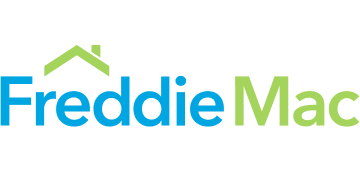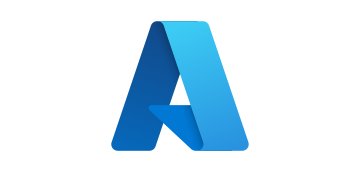World’s Largest Car-Sharing Marketplace Maximizes Guest, Host Experience with AI
Turo turns to data insights from DataRobot AI Platform to inform everything from pricing to risk levels to marketing – and does so with 90% less effort.
It’s a better use of my time to think more strategically about how to use data science for different use cases. DataRobot AI Platform lets me do that. We get 80 percent of the performance for just 10 percent of the work.
In 7,500 cities across the US, Canada, and the UK, you can skip the rental car lines and book the vehicle of your choice from local hosts. At the same time, the car’s owner earns extra cash on a vehicle that would otherwise be sitting idle.
In the new sharing economy, Turo is the world’s largest peer-to-peer car sharing marketplace. The San Francisco-based company connects guests and vehicle owners for mutual benefit. Its popularity has grown with over 1.3 million active guests and over 85,000 active hosts powering more than 160,000 active vehicles across 1,300 unique makes and models.
To connect guests and hosts, reduce risk for all, and deliver a seamless experience, the company couldn’t do it without data.
“At Turo, it’s much more about the experience compared to a more traditional car rental company. We track every metric to better understand our business performance and optimize the experience for hosts and guests,” said Thibaut Joncquez, Director of Data Science at Turo.
AI Optimizes Product, Pricing, Risk, and Marketing
Turo turned to DataRobot for machine learning and augmented intelligence to determine everything from pricing to risk levels to marketing decisions.
No other AI solutions are as integrated, easy-to-use, standardized, and all-in-one as DataRobot AI Platform. DataRobot provided us with a structured framework to ensure everybody has the same standard when it comes to the more tedious and repetitive parts of machine learning. It really allowed us to spend our time more efficiently as a team.
DataRobot influences three main parts of Turo’s business: pricing, risk, and marketing. Hosts may choose to set their own pricing or use Turo’s automated pricing recommendations based on supply/demand forecasts and vehicle characteristics.
To minimize risk, the company relies on ML-based underwriting models to determine the likelihood of accidents, expected severity, and expected collection. For that, it weighs a number of factors, including type of car, city or non-city use, time of day booked, age of the driver, and even how far in advance the guest reserved a vehicle – helping set pricing. Additionally, they develop live fraud detection models.
“The goal is to reduce risk and make the marketplace safer for guests, hosts, and Turo,” Joncquez said.
Turo also uses machine learning to help predict the lifetime value of customers, enabling them to set marketing budgets and determine their marketing return on investment.
Better Results – for 90% Less Effort
As the company expands the AI Platform to more business challenges and use cases, it partners closely with the DataRobot team regarding approaches and best practices. And with every refinement, Turo tests and assesses the metrics to ensure they’re continuously improving.
With AI, Turo has decreased its behavioral risk costs due to accidents and its fraud costs due to theft. The greatest value, Joncquez says, is empowering his team to put their brainpower on how best to serve the business versus getting mired in the mechanics of modeling.
“It’s a better use of my time to think more strategically about how to use data science for different use cases,” Joncquez said. “DataRobot AI Platform lets me do that. We get 80 percent of the performance for just 10 percent of the work.”









